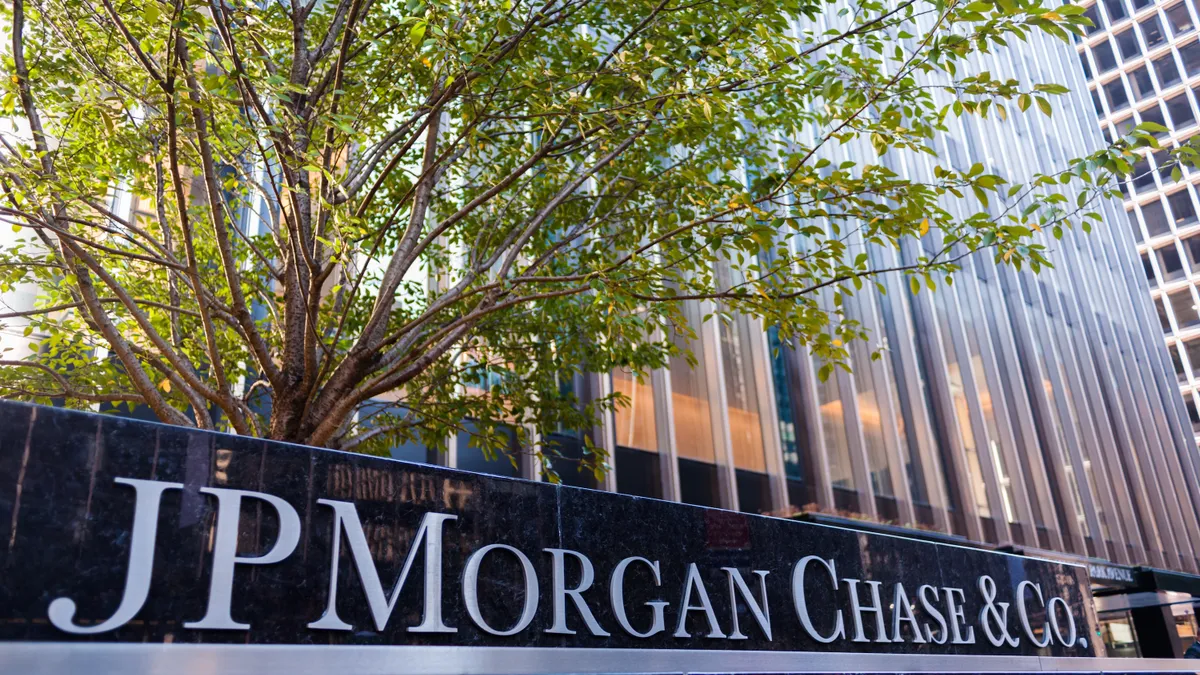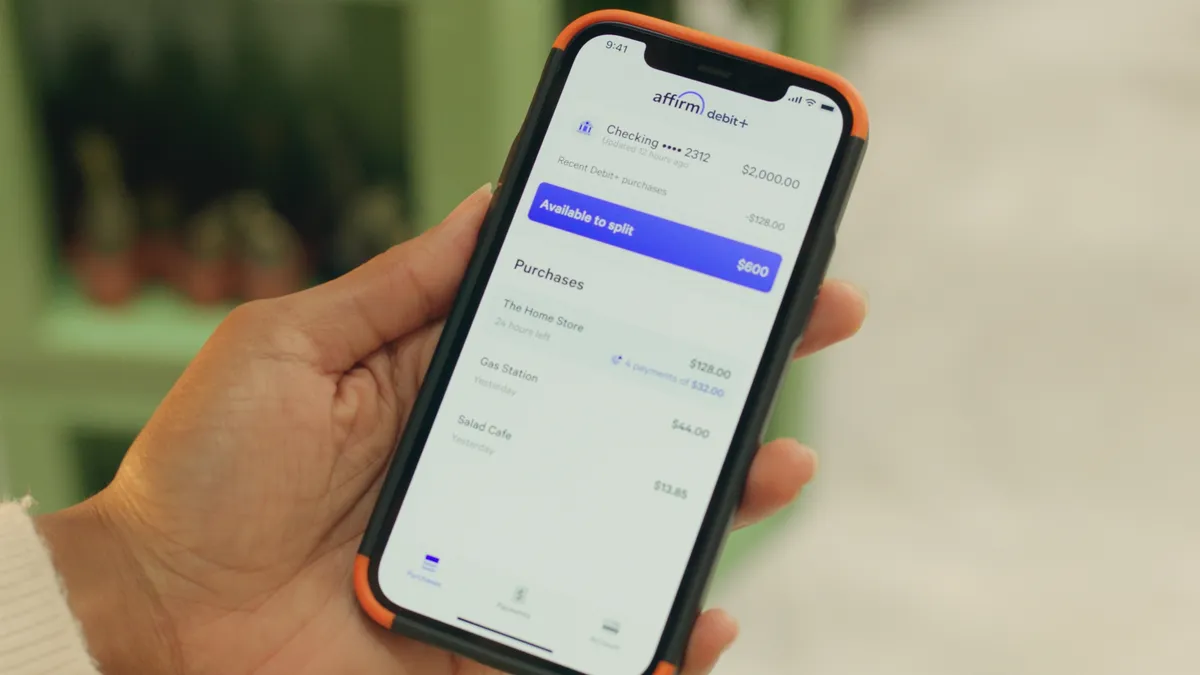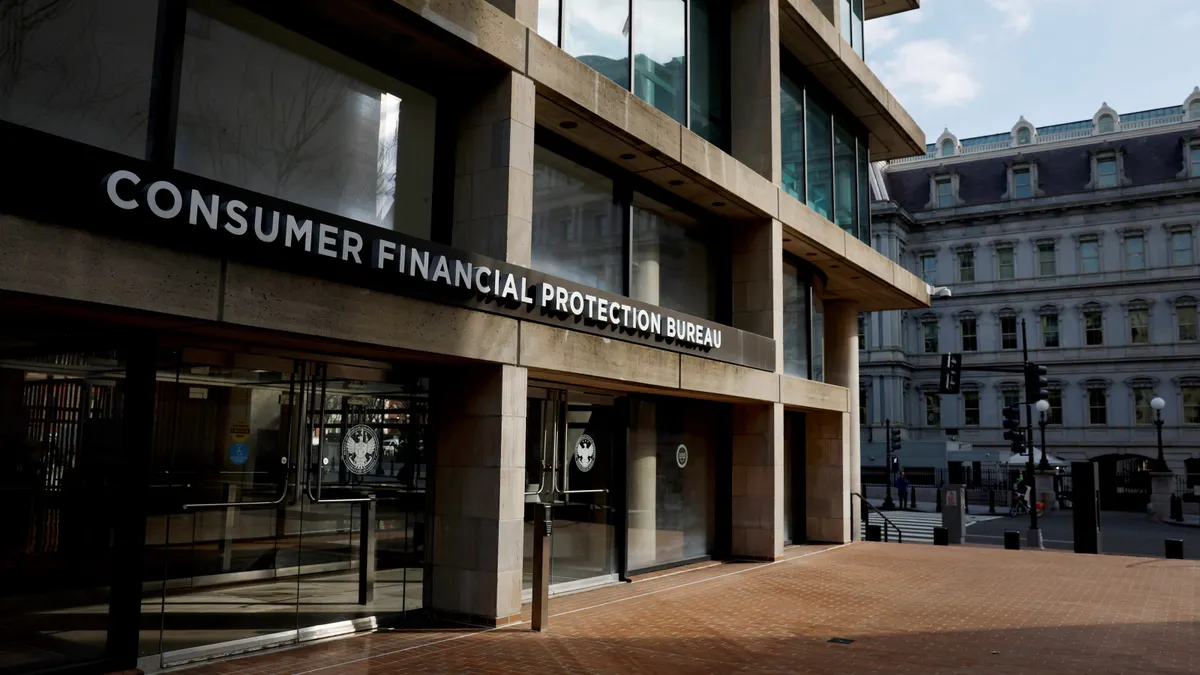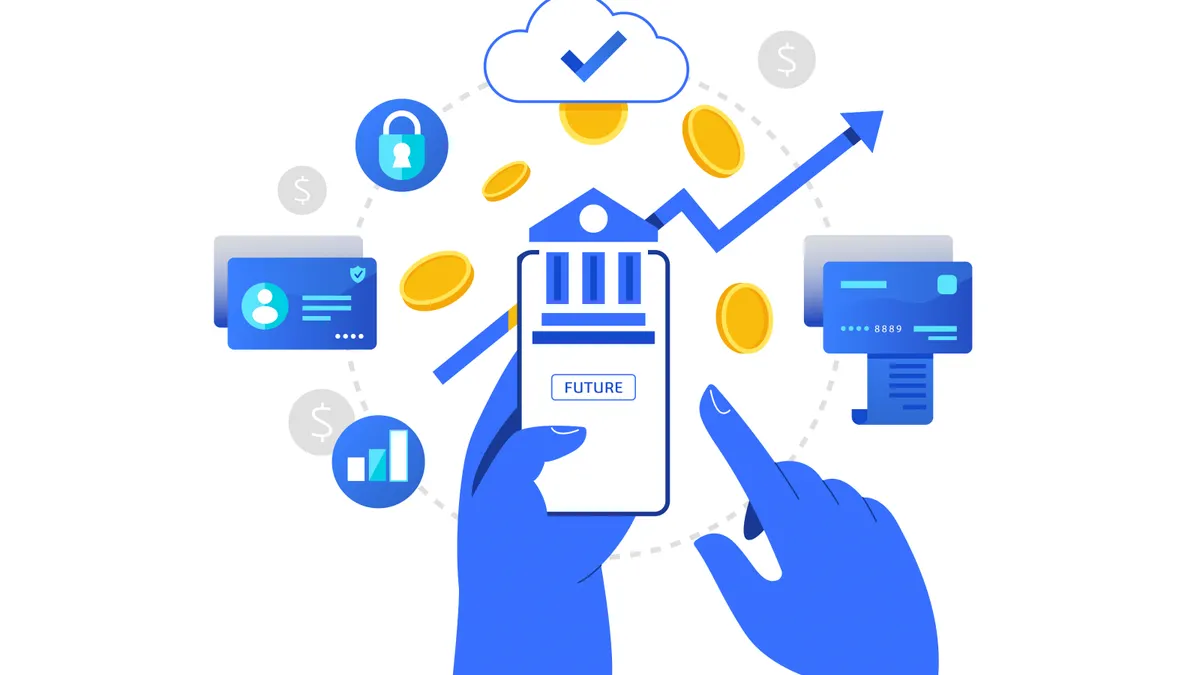At expense-management company Brex, business travel and its attendant expenses remains a critical aspect for companies using Brex’s software to oversee their spending.
However, procurement – the routine invoices for a variety of corporate needs like advertising, parcel shipping, cloud computing, coffee – represents a new growth area for Brex’s charge card, said Erica Dorfman, a Brex executive vice president and head of global financial products.
Procurement involves “so many different avenues,” for a large company, she said Monday in an interview.
Brex competes with several fintech startups that overlap in some areas of spend management, payments, accounting and automation, including Ramp, Mercury and Expensify. The goal is to facilitate both the purchase and the subsequent tracking of those transactions, including ways to supervise, analyze, optimize and ultimately improve a company’s spending.
Revenue among large, enterprise customers has grown 80%, San Francisco-based Brex said in February, when it touted amassing more than 150 major companies, including Anthropic, Robinhood Markets and Sonos.
Brex expects to turn cash flow positive this year, 14 months after a major restructuring that involved cutting 20% of its workforce. The overhaul aimed to reduce cash burn, improve its corporate responsiveness and begin laying the fiscal groundwork to become a public company.
Brex began embedding its spend-management and payments solutions last year, and in October rolled out an integrated travel-payment solution with Navan, a travel-management provider, marrying Brex’s payment tools with its own travel platform. Brex plans to announce additional embedding partners in the coming months, with several of them focused on corporate procurement, Dorfman said.
Editor’s note: This interview has been edited for clarity and brevity.
PAYMENTS DIVE: Tell me a little about Brex’s path to profitability and what that might mean for an initial public offering.

ERICA DORFMAN: This is really about how we spend and what’s important for us to make investments in, but I think we’ll be able to balance that and reach cash flow profitability before the end of the year, which we’re really proud of and excited about. When we think about what that means for an IPO and IPO readiness, there's a lot beyond just “are you profitable?” that goes into that IPO question. No. 1, do you want to be a public company? I think we definitely aspire to be a public company. We feel like we’ll be in a good position within sort of the next two or so years to be a public company. And then it's really about what is the best fit for Brex as a business, whether or not we desire to be a public company.
Beyond business travel, what are Brex customers migrating to your card to help manage?
The travel and entertainment for sales trips and things like that is definitely a big part of what we intend to capture and what's important to our teams, but you hit the nail on the head: Procurement is also really, really important for these customers and it’s a really large share of the business that we already do, well over 50%. Depending on what type of company you’re looking at it can be anything from shipping to equipment to software purchases. Everything that you’re basically going to have a negotiated contract on, or buy in bulk, any of that comes down to procurement.
And it's not just about what they can get back in cashback or points. The ability to reconcile that (spending) and automate everything on their back ends is so much better for them to do that on a card and actually manage those expenses in a really controlled way, versus doing that on ACH where you have to give out your bank account information, you’re pushing payments. It’s actually really painful to do it that way.
Where are the limits on this? What if I’m doing M&A and go buy a company for $400 million–can I move that onto the card?
No, you cannot push that onto your card. Although you could, in theory, put rent on a card. It really depends on if the merchant is going to accept (the) card. We have many customers who do $10 million of spend per month, some customers do $20-$30 (million) and some even up to $50 million of spend. A lot of that depends on the type of business that they do and what their input costs are and can they put that on card? But if you’re a company and you can put a lot of your input costs on (a) card, you’re going to get a 1% discount on that, or a 1.5% discount on that. That’s a huge benefit to you versus putting that on ACH.
What are Brex customers buying on the card in those amounts?
A lot of times, it’s ad spend, but you know that could be cloud (computing) spend. It could be equipment spend. It could be products that they’re buying from a supplier, and then manufacturing and reselling that as well. It does vary a lot by the customer type, and they would have to negotiate that with the merchants.
Who’s driving procurement onto cards? The networks? Buyers?
Networks definitely help us a lot there. But I think the reason why we see customers actually asking us to help them get payments more onto card is both because they want the rebate, but also because it's much, much, much better for them to manage that spend. So when they’re thinking about, OK, I have a procurement manager, and I have an AP (accounts payable) team of X number of people. I want to just have one payment instruction so that I'm not worried about giving 30 people access to my bank instructions. Or I'm not worried about, hey, if someone's out on vacation, this doesn’t get paid. Or I don’t want to have this (spending) grow and not have visibility into it. I want to have controls and approvals and all these workflows that come with digital payments that are so much better on a card than they are with traditional bank payments. That's the primary benefit that we see customers saying (they’d) really rather have more things happen on card.
You mentioned cashback rebates. What other kinds of rewards does Brex offer?
Cashback is typically what we offer from a negotiated standpoint with our enterprise customers, but we are the pioneer of the corporate points program. We actually think our points program is really compelling and probably honestly, higher value than cash back. For example, billboard rewards will give our customers access to our proprietary billboard inventory, and working with our team to actually go out and book billboards, we work with them on the design. This is great for early-stage companies who might not have either the expertise or the ability to pay for this type of a contract, because it doesn’t come in this level of increment.
With your embedded products relationships, is it better to partner or to purchase a company in a particular area?
We view our own expertise (being) expense management, card and payments and money movement and banking. And where we love working with partners is where those worlds intersect. Navan is a great example. They’re amazing at travel management and travel booking, and that's where their expertise lies, and they wanted to work with us because they knew that our card product is best in class. And so putting those two things together just creates a much better experience for our mutual customers’ employees.





















